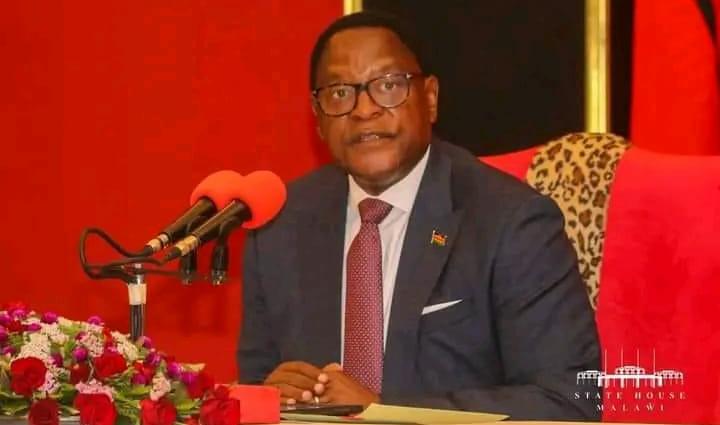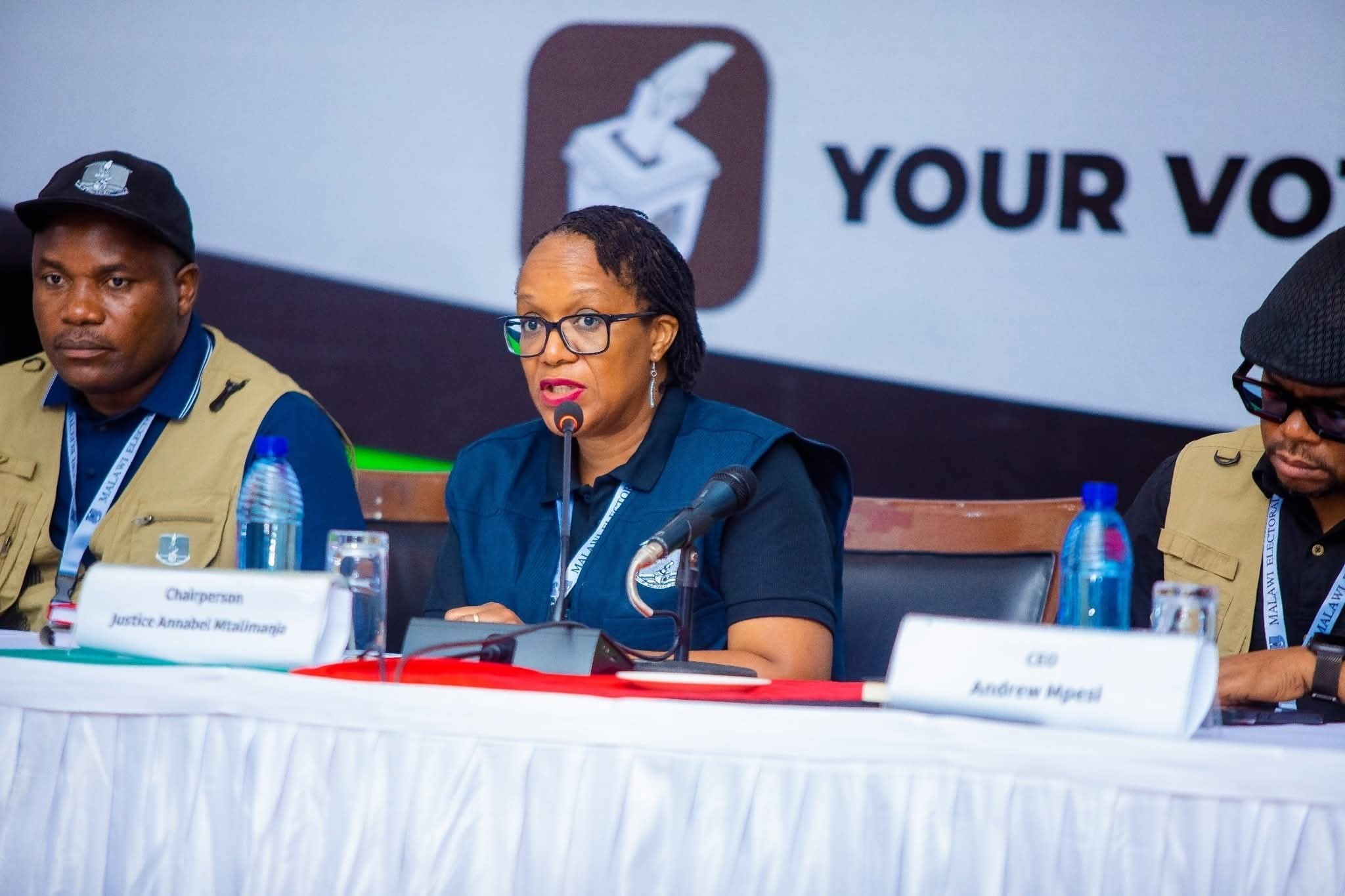By Burnett Munthali
President Lazarus Chakwera was elected in 2020 with high hopes and promises of change, particularly his commitment to the ideals of servant leadership. Malawians were optimistic that under his leadership, the country would see an end to corruption, improved governance, and better living conditions. However, as time has passed, many feel that Chakwera has failed to embody the principles of servant leadership. Here are key areas where his leadership has been criticized:
Firstly, One of Chakwera’s main campaign promises was to fight corruption and bring accountability to government. While he initially made significant steps in addressing corruption, such as dismissing some high-profile officials, these actions have not been consistent. There have been accusations that his government selectively pursues corruption cases, focusing on political opponents while protecting allies. Additionally, corruption scandals continue to surface within the government, signaling that systemic corruption remains a challenge under his leadership. Servant leaders are expected to maintain transparency and uphold the rule of law, but many believe that Chakwera has failed to follow through on his anti-corruption pledges.
Secondly, Malawi continues to face economic challenges, including rising inflation, a weakening currency, and high unemployment rates. The cost of living has soared, with the price of essential goods such as maize and fuel reaching record highs. Chakwera’s government has struggled to implement effective economic policies to ease the burden on ordinary citizens, leaving many feeling abandoned. A servant leader prioritizes the well-being of the population, ensuring that they have access to basic needs. However, under Chakwera’s leadership, economic hardship has only deepened for many Malawians.
Thirdly, despite his promises of equitable development, Chakwera’s government has often been criticized for neglecting rural areas, where the majority of Malawians live. Rural infrastructure, such as roads, electricity, and healthcare facilities, remains underdeveloped. This neglect disproportionately affects rural populations, who are already marginalized. A servant leader would prioritize the needs of these communities and ensure that development benefits all citizens, regardless of where they live. The continued underdevelopment in rural Malawi raises questions about Chakwera’s commitment to serving the most vulnerable.
Fourthly, while Chakwera has acknowledged the importance of improving Malawi’s healthcare system, his administration has made little headway in addressing long-standing issues. Public hospitals are still facing shortages of essential medicines, medical equipment, and staff. During the COVID-19 pandemic, Chakwera’s government was criticized for its slow and inadequate response, particularly in providing sufficient resources to health workers. The inability to deliver on healthcare improvements shows a lack of prioritization in serving the health needs of the population, a core expectation of servant leadership.
Fifthly, Chakwera pledged to reform the public sector to enhance efficiency and service delivery. However, these reforms have been slow and, in some cases, superficial. Many government institutions remain bloated, inefficient, and riddled with bureaucracy, making it difficult for ordinary citizens to access services. Chakwera’s failure to implement meaningful public sector reforms has frustrated citizens who expected a leaner, more efficient government. A true servant leader would have prioritized these reforms to ensure that government institutions serve the public effectively.
Sixthly, another area of criticism relates to political appointments made by Chakwera. Despite promises to build a meritocratic government, some of his appointments have been seen as politically motivated, including the appointment of relatives and close allies to key positions. This practice has led to accusations of nepotism and favoritism, which undermines public trust. Servant leaders are expected to appoint individuals based on competence and commitment to the public good, but many feel that Chakwera has not consistently followed this principle.
Seventhly, a core tenet of servant leadership is listening to and engaging with the people. However, Chakwera has been criticized for being distant from the concerns of ordinary Malawians. While he has held some public engagements, many feel that his government is disconnected from the realities of everyday life. His speeches and public addresses often fail to inspire confidence, leaving citizens feeling unheard and frustrated. A servant leader should be accessible and responsive to the needs and concerns of the people, but Chakwera’s communication style has been viewed as overly formal and removed from the struggles of ordinary Malawians.
Eigthly, perhaps the most glaring failure of Chakwera’s leadership is the gap between his promises and actual results. Many of the reforms and changes he promised during his campaign have not materialized, leaving citizens disillusioned. Whether it is tackling corruption, improving public services, or creating jobs, there is a sense that Chakwera’s government has not delivered on its commitments. The failure to turn promises into action is a key reason why many believe Chakwera has not lived up to the ideals of servant leadership.
In conclusion, servant leadership requires a commitment to putting the needs of the people above all else, acting with integrity, humility, and compassion. While President Chakwera came into office with a promise to embody these values, his leadership has been marred by failures to address corruption, economic hardship, and poor service delivery. The disconnect between his rhetoric and the lived experiences of Malawians has left many questioning whether Chakwera truly prioritizes the well-being of the people. In failing to deliver on his promises, Chakwera has fallen short of the ideals of servant leadership that he once championed




